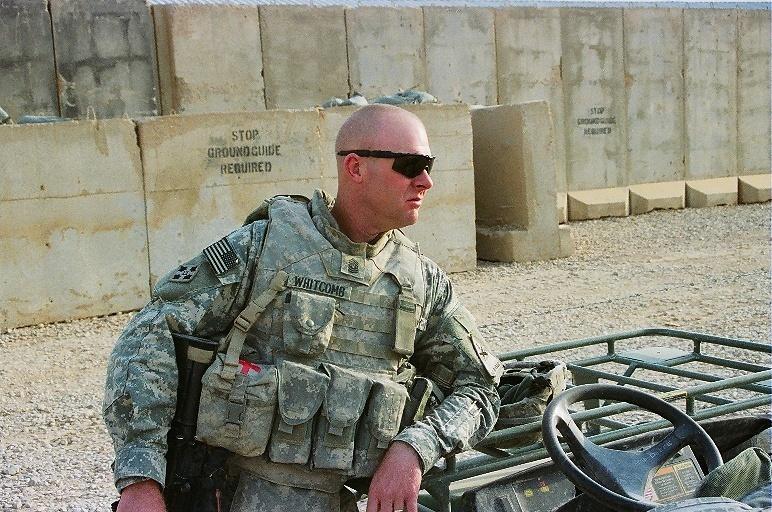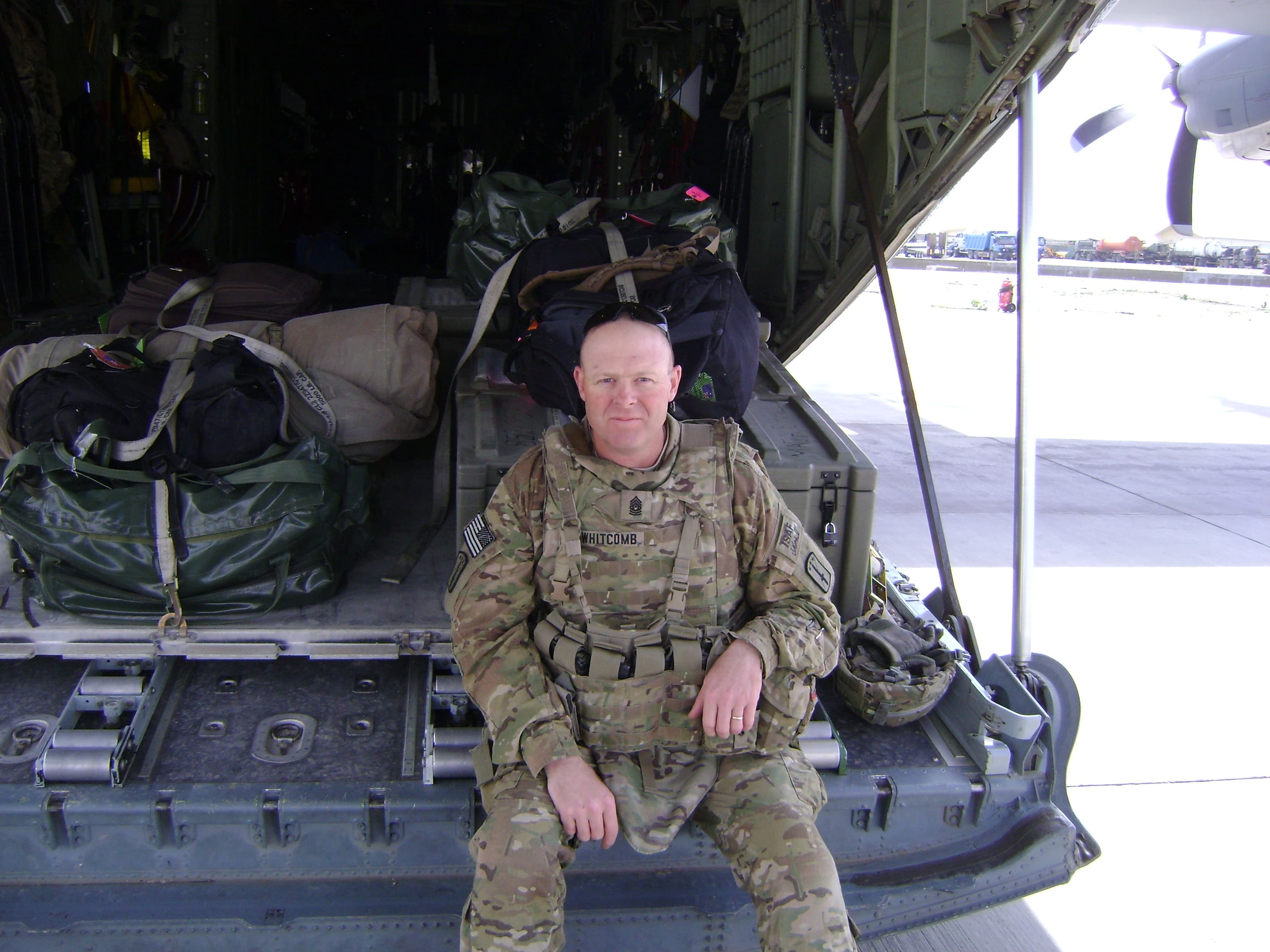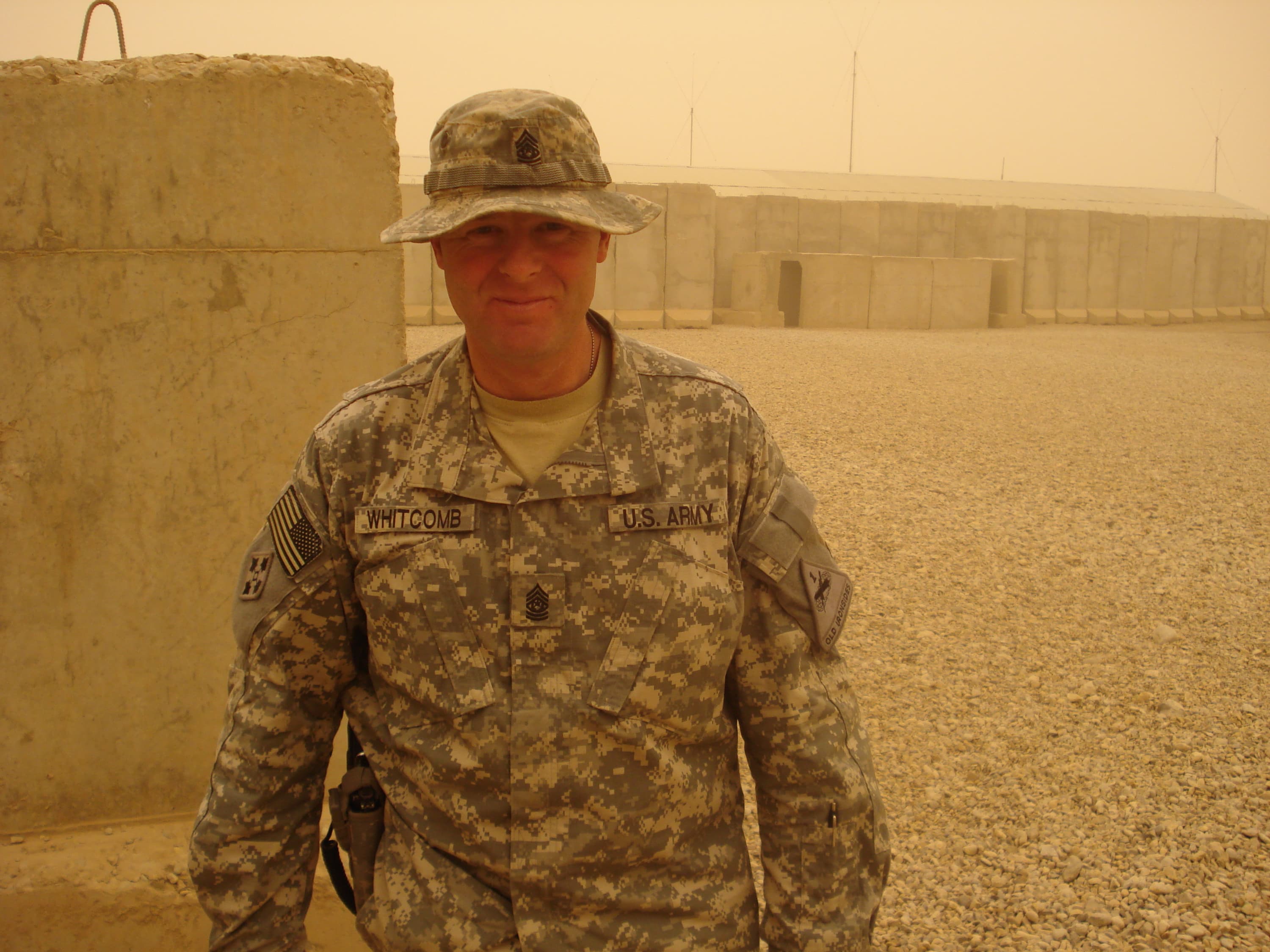The Reality of Food Insecurity in the Military and Veteran Community

Food insecurity comes with a substantial price tag. Not only is it compromising the health and welfare of millions, but the CDC also estimates that it costs taxpayers almost $53 billion annually in excess health care expenditures. Within our military, there are veterans and service members who struggle with food insecurity. With generous support from Craig Newmark Philanthropies, we’re working to address food insecurity for service members, veterans, and their families.
It may be surprising to know that service members and veterans often face food insecurity. In a 2020 report, Blue Star Families found that “14% of enlisted active-duty family respondents reported food insecurity.”
Keith R. Whitcomb, retired Command Sergeant Major, served for over 32 years in the Army. During that time, Whitcomb saw how food insecurity impacted those under his charge.
“The unfortunate reality is that a young soldier’s pay is often not enough to ensure their family has the resources to thrive,” Whitcomb explained. “Most often, many of our junior enlisted soldiers and their family qualify for food stamps, now known as SNAP benefits.”
“You can’t feed a baby with pride.”
Whitcomb knows that true leadership requires a sharp focus on the mission at hand. At the same time, leadership needs something else—a leader must ensure the welfare of those under his command.
“You have to know your soldiers, and what is going on in their lives,” Whitcomb said. “It’s about caring.”
Asking for help can be difficult and accepting government assistance often comes with an unwanted stigma. Whitcomb feels this stigma is extremely difficult for service members to endure. After all, they are working full time to protect their country and probably never expected to rely on food assistance.

“This is especially tough for young soldiers. They aren’t looking for a handout. In my experience I saw that that most will initially refuse assistance almost every single time,” Whitcomb said. “This was unacceptable to me. I consistently told my young soldiers and their immediate supervisors that ‘you can’t feed a baby with pride.’ This usually resonated with them.”
Whitcomb knows that the best path toward success means leaving as little as possible to chance. This is true even when it meant making sure his soldiers and their families has access to the nutrition they needed.
“I took the decision out of their hands. In fact, I told their immediate supervisors to help them apply for and receive benefits. I was clear that ‘it wasn’t optional, it was an order,’” Whitcomb said.
“It was a tough pill for most soldiers to swallow. However, the end result was a family that had reduced burdens concerning food and the rest of their finances. This resulted in reduced stress on the family and a higher-performing soldier who could better focus on their mission.”










